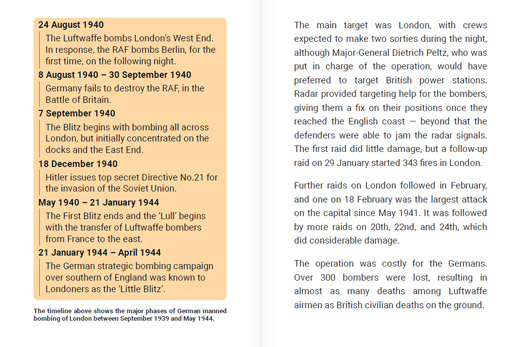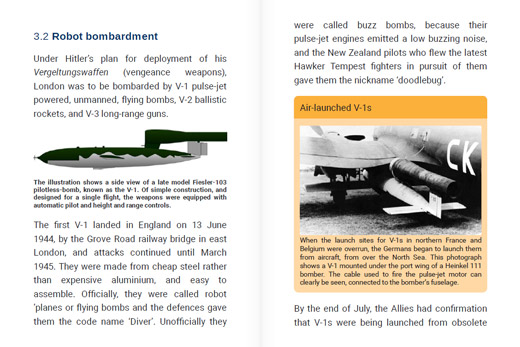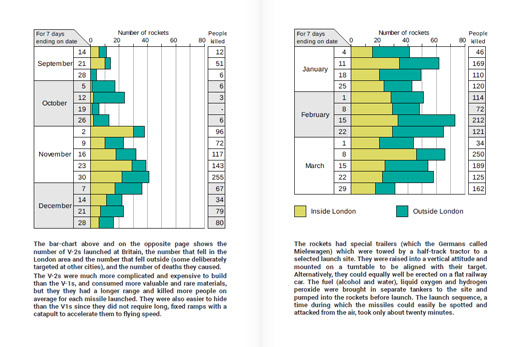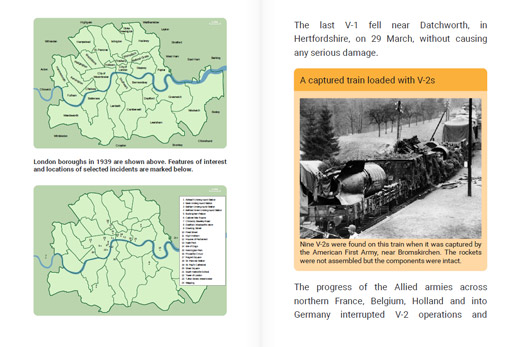The Second World War
and its aftermath
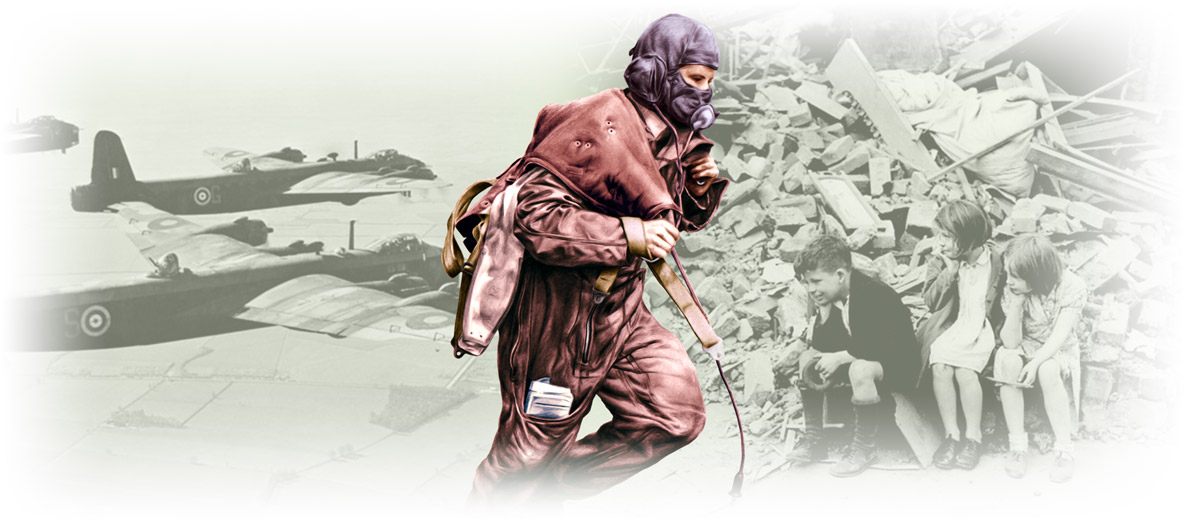
The Second World War had an impact on every country in the world. The gigantic struggle which started with the German invasion of Poland in September 1939 saw incredible levels of destruction and changed the world order and ranking of its leading powers.
It resulted in the utter destruction of the military might of Germany Japan and France, impoverished Britain and catapulted the Soviet Union and the USA into the status of superpowers.
The development and use of nuclear weapons and the accelerated break-up of the British Empire followed, and the settlement of the immediate future of former occupied territories delivered some people into the hands of a dictatorship and some to democratic self-government.
The Second World War collection is designed to cover the causes of the war, from the time the Nazis came to power in Germany and the Japanese invaded Manchuria, and proceed through the early conflicts to final defeat of the Axis powers and territorial settlements, which led to a hard division of Communist eastern Europe form the West, and the Cold War.
The first complete volume in the collection is the story of London in the Second World War, from 1939 to 1945, which sets the experience of Londoners in the Blitz of 1940-41, and the further terrifying bombardment by German robot weapons in 1944 and 1945, in the context of the wider war and will be particularly helpful for those studying the history of warfare.
The first three books in the series tell stories that are closely intertwined
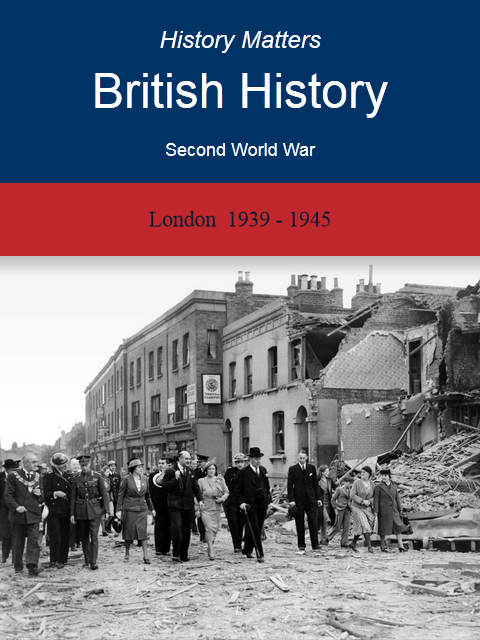
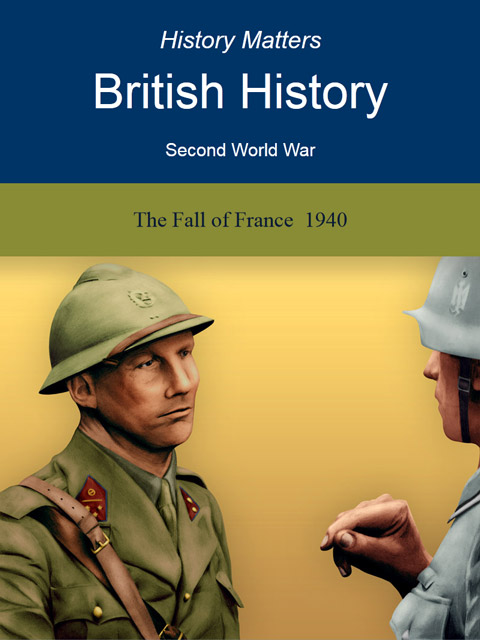
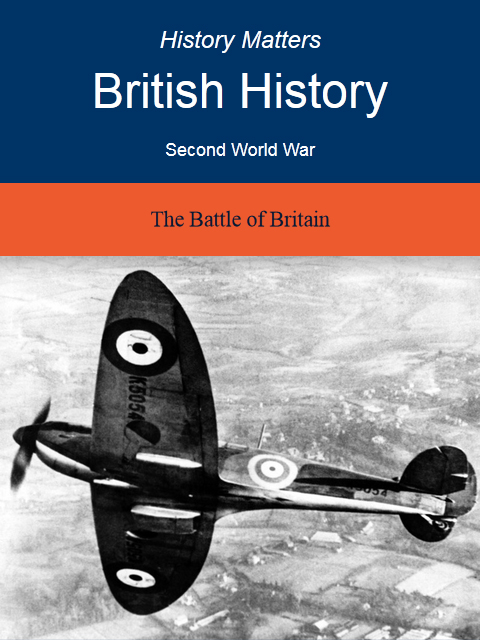
New volumes required to cover such a large subject will follow over time, but The Fall of France 1940 and The Battle of Britain, which are inextricably linked with London’s fate, will follow shortly.
London 1939-1945 relates some of the less well known stories — of Hitler’s plans for Britain following a German invasion and how British officials’ obsession with provision of gas masks which were never used was fuelled by Churchill’s insistence on keeping stock piles of mustard gas to use against any German troops who tried to invade, by spraying them from the air, and how the tendency for the V-2s to fall short of their objective of central London was the result of British Intelligence deliberately feeding the Germans misleading information about where their rockets were landing, so they would adjust their aim.
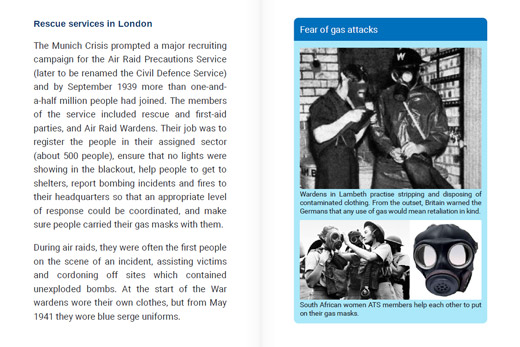
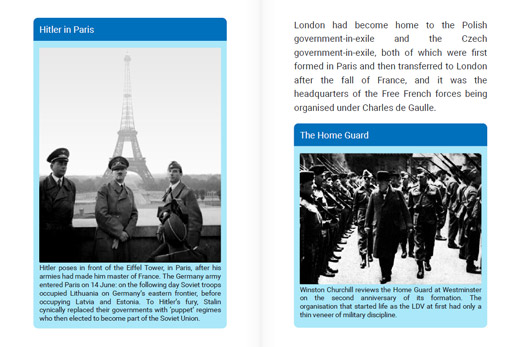
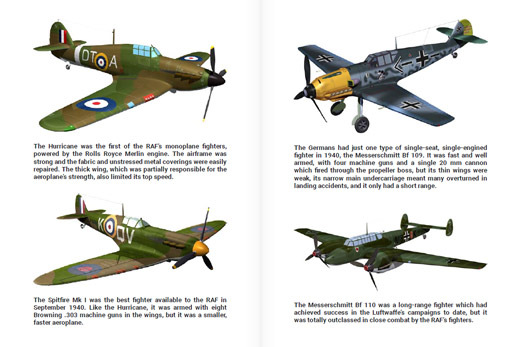
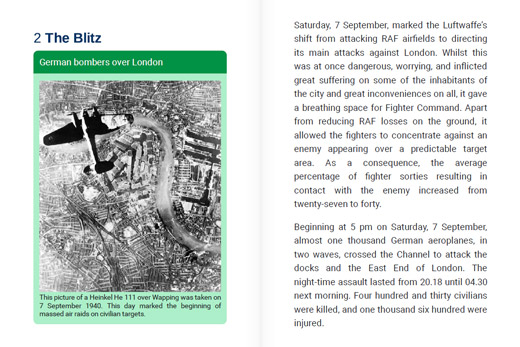
The frightening helplessness of the defences against the night raiders in 1940 and early 1941 is illustrated by the fact that the anti-aircraft gunners killed more British citizens by their efforts than Germans.
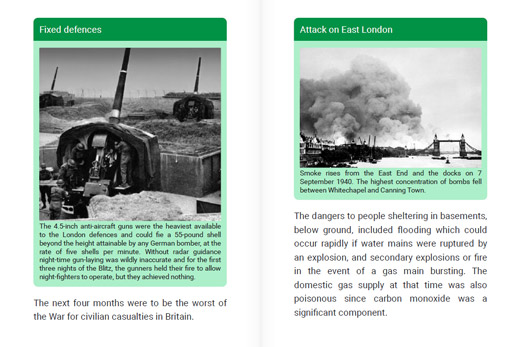
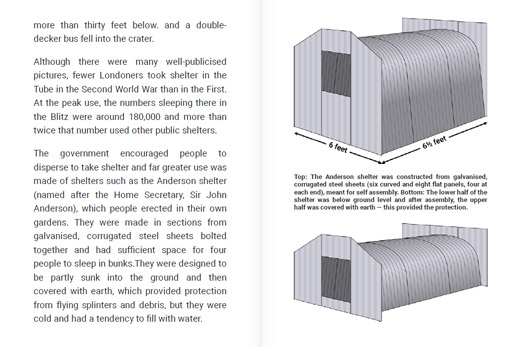
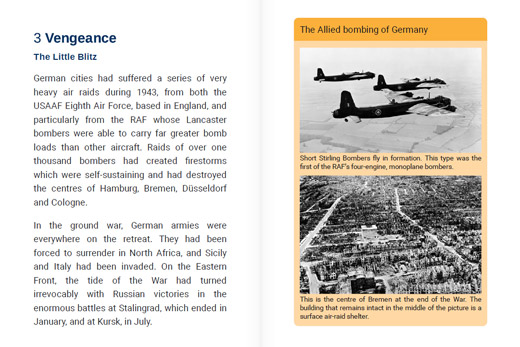
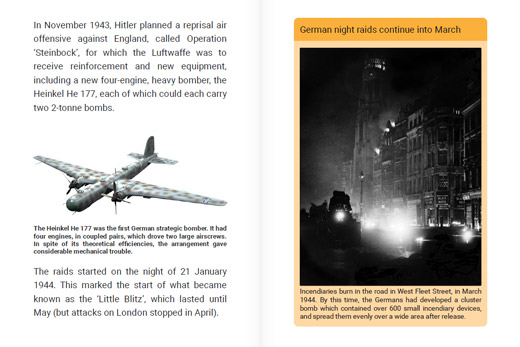
Books in the collection are packed with facts and copiously illustrated with contemporary photographs and colour illustrations and charts.
